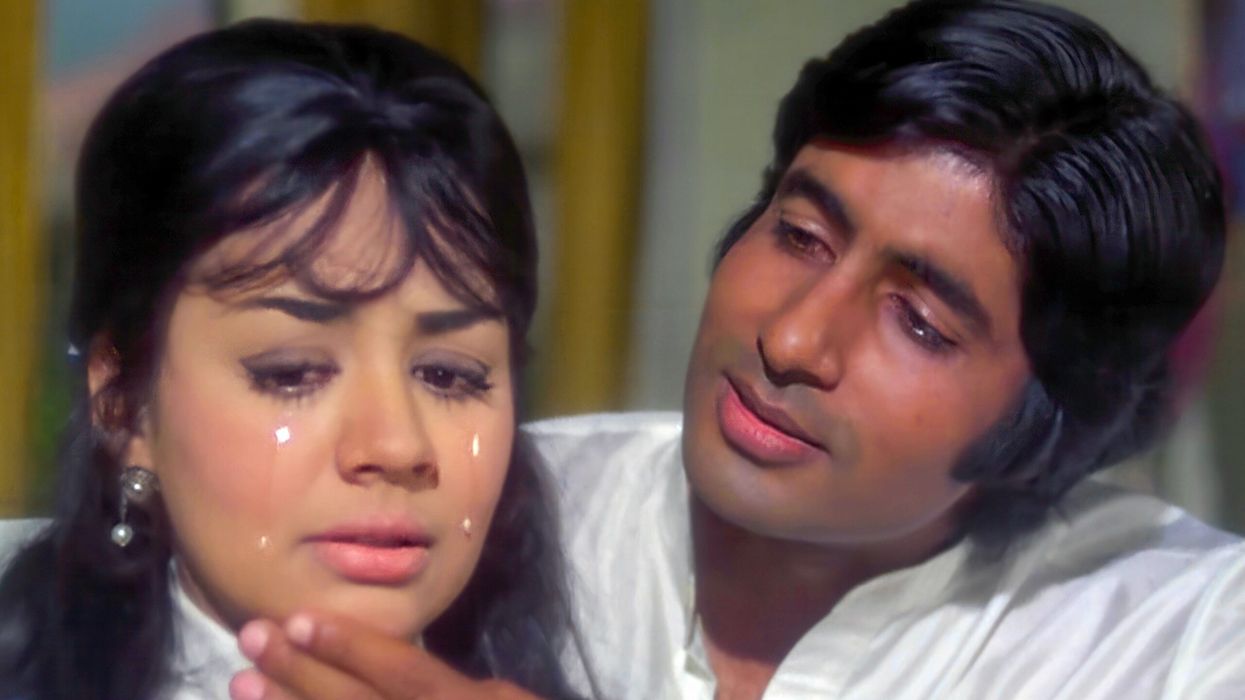Site Navigation
Search
AI Powered
Human content,
AI powered search.
Latest Stories
Start your day right!
Get latest updates and insights delivered to your inbox.
EasternEye | Homepage for the Weekly Newspaper
Culture
Untold journeys of Punjabi women come alive in 'The Valley of Queens'
Sarwar Alam
Dec 10, 2024
Spirituality
Agni: The sacred science of fire and its transformative power
Ashwini Guruji
Dec 19, 2024
Load More
© Copyright 2024 Garavi Gujarat Publications Ltd & Garavi Gujarat Publications






























